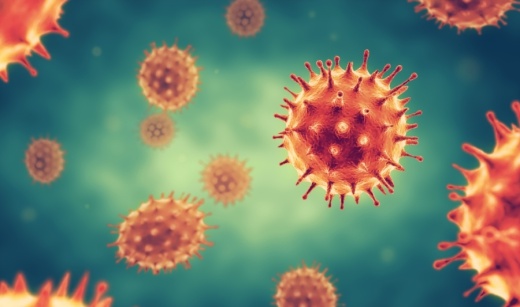The hospital began recruiting blood plasma donors the day before, March 27, from about 250 patients who have tested positive for the virus at Houston Methodist hospitals.
Willing donors each gave a quart of blood plasma in a procedure much like donating whole blood, according to the release.
The transfusion to the critically ill patient took place March 28.
Houston Methodist transfused the plasma into the ill COVID-19 patient because according to the theory being used by the hospital—convalescent serum therapy—antibodies made by the immune system in the plasma of someone who has recovered from COVID-19 may be able to kill the virus.
"Here at Houston Methodist, we have the capability, the expertise and the patient base from our health care system, and we feel obligated to try this therapy," Houston Methodist President and CEO Marc Boom said in the announcement.
Gaining FDA approval was not an overnight process, however.
Houston Methodist recruitment only began after the FDA issued guidelines for the study earlier in the week of March 23. Physician scientists had already designed and validated a COVID-19 molecular test two months earlier and were already prepared to begin collecting data when patients began arriving, according to the announcement.
Convalescent serum therapy dates back to similar treatments used during the Spanish flu pandemic of 1918, a diphtheria outbreak in the 1920s, a flesh-eating bacteria epidemic in the 1930s and other outbreaks of infectious diseases. Five patients in China received the treatment, and the results, published recently in the Journal of the American Medical Association, suggested that the treatment may have been beneficial.





